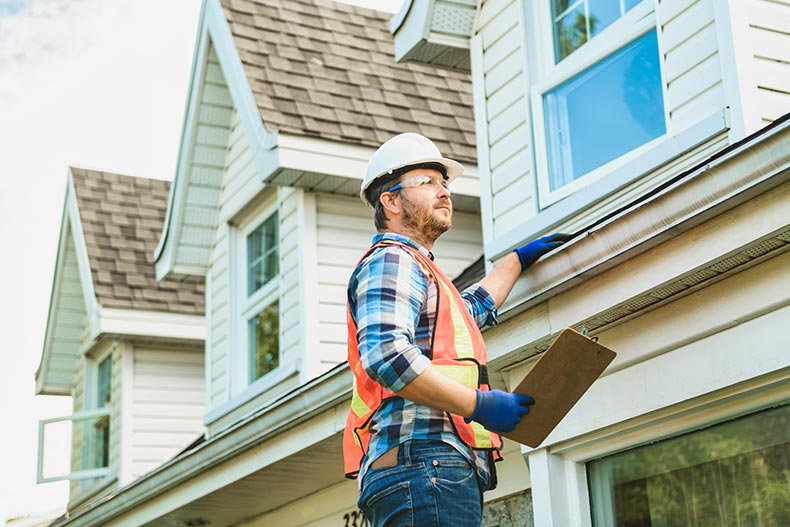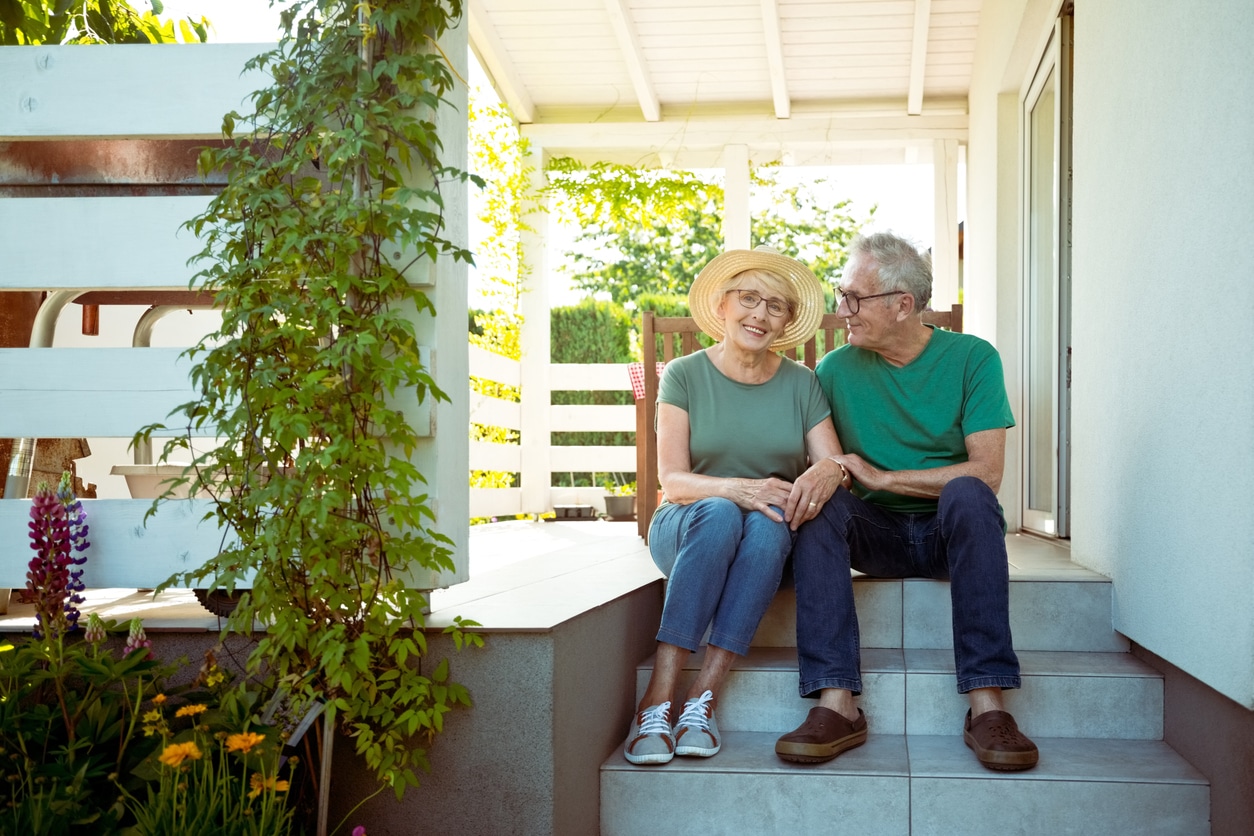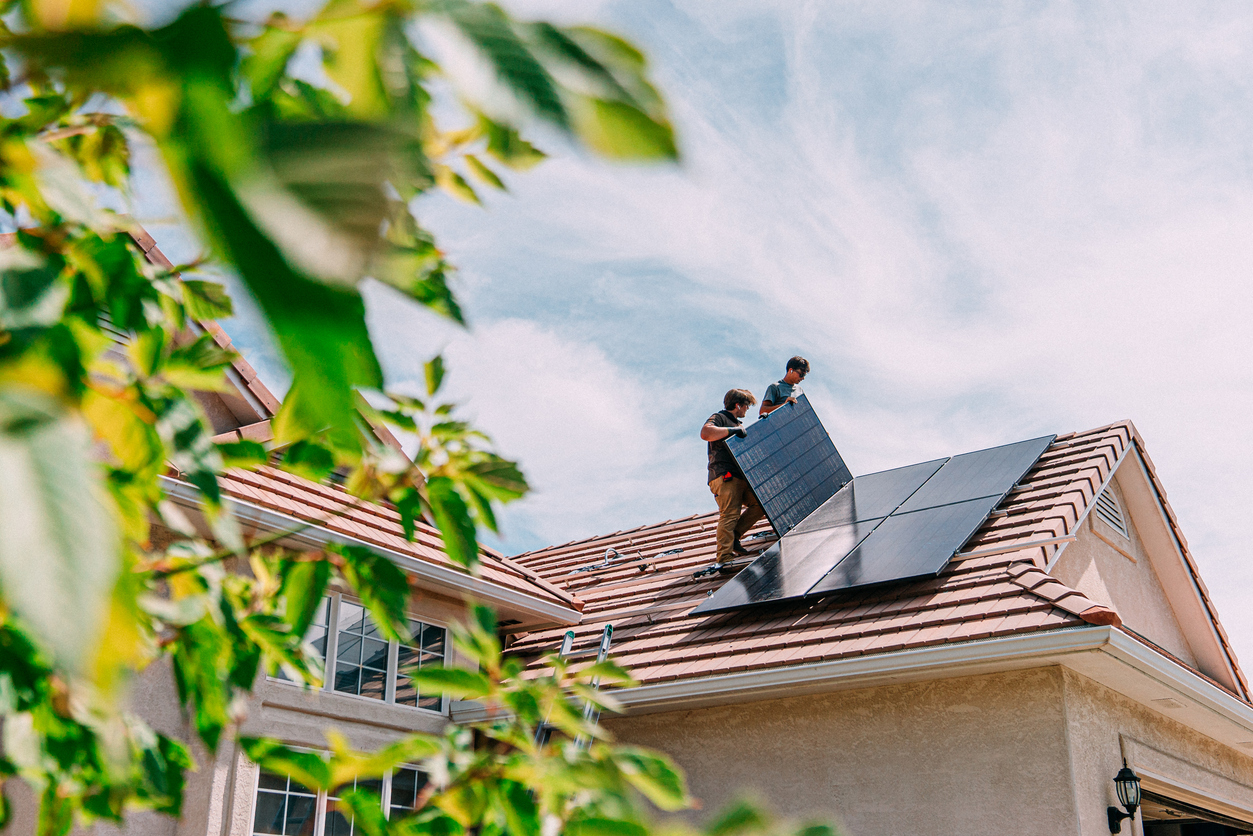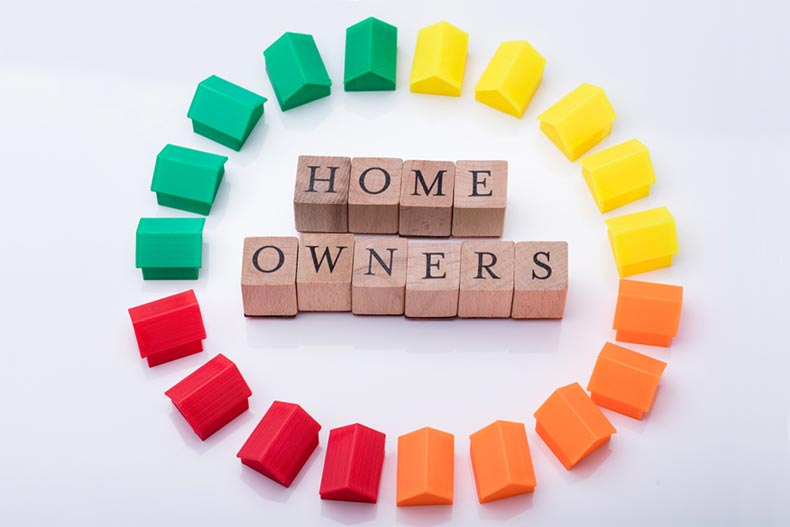Hurricanes can be a daunting challenge for homeowners, but with the right preparation, you can protect your property and gain peace of mind. While no one likes to think about the possibility of storm damage, planning ahead ensures you’re ready for whatever comes your way.
One of the best places to start is by reviewing your coverage, especially if you live in a community with a homeowners’ association (HOA). HOAs in 55+ communities often serve as a valuable resource, offering support and guidance when the unexpected happens. From disaster preparedness to relief efforts, your HOA can be an important partner in safeguarding your home.
Understanding what your HOA covers versus what falls under your insurance policy is key. By staying informed, you’ll be better equipped to take action when needed. The 55places team is here to help you navigate these details so you can focus on enjoying your community worry-free. Read on for essential tips to keep you well-prepared this hurricane season.
HOAs: Can They Help When Hurricane Damage Occurs?

The function of an HOA is to maintain community integrity. This is accomplished in a variety of ways such as maintaining community rules and ordinances, preserving property value, and elevating the quality of life within a given neighborhood. As a member of an HOA paying monthly dues, each homeowner has a stake in their community. You can count on this investment to come through when you need support the most.
Resources, Knowledge, and Unity
One of the most important benefits of an HOA is the sense of solidarity these communities can provide when disaster strikes. Your local homeowner’s association is often the closest resource for support and information both before and after a hurricane. HOAs can aggregate information to provide advisories and tips for homeowners to keep themselves and their property safe when in the path of a storm.
In addition, HOAs are invaluable in offering support and guidance during the aftermath. It’s worth checking in to see if your HOA has a list of community resources such as Red Cross assistance.
Common Area Maintenance and Cleanup
Common areas such as parks, trails, shared lawns and gardens fall under HOA responsibility. Depending on the specific guidelines of each community, this may also include front and back yards and patios. HOA maintenance of all outside areas is a common perk of 55+ communities. HOAs also maintained shared amenities like pools, gyms, and clubhouses.
If any of these structures are damaged during a hurricane, you can count on your local HOA to handle repairs quickly and efficiently. This includes both property damage to shared buildings as well as cleanup along nature trails to ensure safety, maintain property value, and restore the spaces we all enjoy.
Structural Repairs and Exterior Property Damage
For condos and townhomes in 55+ communities, many HOAs pride themselves on creating a low-maintenance lifestyle for residents. This means that when a natural disaster strikes, your HOA will generally cover expenses related to structural repairs and exterior property damage. The assurance of coverage for expenses such as roofing, siding, and even windows is a major perk to residing in an HOA-managed 55+ community. This can save homeowners time, money, and stress in the aftermath of a hurricane.
Keeping the Lights On
Power lines, plumbing, heating, and cooling are all vulnerable to hurricane damage. Luckily for many HOA residents, these are typically covered by the association. HOAs are responsible for repairs, and getting utilities up and running in no time. They’re better able to coordinate with city officials to prioritize the comfort and safety of residents during such events and ensure generators and emergency resources are in place.
Injury Coverage for Common Areas
Although injuries and accidents are something no one wants to consider, it’s worth noting that HOAs carry insurance that covers liabilities in common areas. A good example of this would be broken paths, trip and fall hazards, or unsafe walkways following recent hurricane damage. If you or another resident are injured as a result, your HOA is prepared to cover any medical expenses incurred.
Although specific coverage can vary between homeowners’ associations, these general guidelines can help homeowners feel more confident in the resources available to them following a hurricane.
Homeowner’s Insurance Policies: What Do They Cover When Hurricane Damage Occurs?

Unlike an HOA whose main goal is to protect the community at large, homeowner’s insurance protects you and your property. Policies are highly variable, but some of the things you can count on homeowner’s insurance to cover include the following.
Personal Property Loss
An HOA will not cover personal property loss, but a robust homeowner’s insurance policy certainly will! To prepare for the worst, check your personal property coverage for items such as furniture, electronics, and other assets. Not only will this coverage protect and reimburse your property in the event of water damage, but homeowner’s insurance protects against everything from theft and loss to fire and flood.
Dwelling Coverage
Dwelling coverage is the foundation of most homeowner’s insurance policies that protect, well, your foundation. This component covers the home itself from interior to exterior. Any gaps in HOA coverage of exterior damage can be protected through a comprehensive homeowner’s insurance policy. Most importantly, your insurance protects the home’s interior, beyond that which an HOA would be expected to cover.
Liability Protection and Medical Coverage
Homeowner’s insurance protects you from claims of bodily injury or property damage. In other words, if someone slips and falls on or inside your property, your insurance will act to cover medical and legal expenses. This perk applies regardless of who is at fault and helps protect the homeowner during times when their property may be unsafe due to recent damage, such as hurricane aftermath.
Additional Living Expenses (ALE)
Following a natural disaster, it’s possible your home may become uninhabitable for a period of time. ALE coverage kicks in to support temporary housing for covered events such as hurricanes. This gives you some breathing room while your home is undergoing repairs. Coverage may be coordinated with an HOA repair schedule to ensure everyone is on the same timeline. However, your HOA will not cover ALE costs for residents.
When determining coverage, the best rule of thumb to remember is that an HOA covers the community, whereas homeowner’s insurance covers you and your property.
Where Do HOAs and Homeowner’s Insurance Intersect and How Can They Help Each Other?

The goal of both HOAs and homeowner’s insurance is to keep residents safe. There’s plenty of intersection with both resources when it comes to covering hurricane damage. Coordination between your HOA and your insurance policy is the best way to identify gaps, resolve any issues, and expedite repairs following a qualified event.
The best way to begin coordination is by sitting down with your insurance agent. Bring a copy of your HOA’s by-laws, guidelines, and any other relevant documents. If you’re sitting down with your agent following a covered event, ask your fellow HOA members for resources specific to hurricane damage. Often, an HOA will issue a generalized list of what repairs they plan to make.
Areas of coverage you should be prepared to coordinate might include whose responsibility it is to repair and restore exterior common areas as well as lawns, patios, and yards. You’ll also want to closely examine structural damage policies under your HOA to identify gaps. Roofing, for example, is an area where additional claims can often benefit homeowners above and beyond what an HOA will provide.
With all the repairs and restoration efforts underway, be sure to discuss any temporary living arrangements such as hotels. HOAs can help start the process by recommending hotels or shelters to residents in the event of a natural disaster, while your homeowner’s insurance ensures coverage under ALE. Having an HOA letter referencing a specific hotel or alternative accommodation can bolster your claim when submitting to insurance.
Coordination is key to rebuilding in the wake of a hurricane.
Thinking Ahead, Planning for Anything
The ramifications of natural disasters are never a pleasant topic, but it’s a topic that requires attention and care. Hurricane damage is a pressing concern for homeowners and knowing what resources are available to help can save you a lot of time and stress. Homeowner’s associations offer community protection against damages. HOAs are immensely helpful in the aftermath of a hurricane, ensuring everyone in the community is keeping their head safely above water.
For damages that fall under personal property and liability, your homeowner’s insurance is your best bet for protecting yourself and your assets. These two agencies can work together in coordination with one another to best protect homeowners in times of need.
The assurance and support of an empathetic homeowners association is one of the best benefits of living in a 55+ community. For more information on moving to an HOA community, reach out to our real estate team at 55places.









